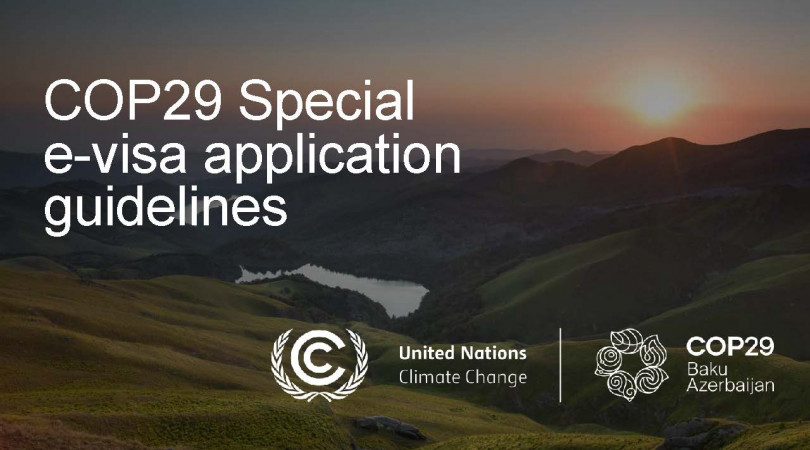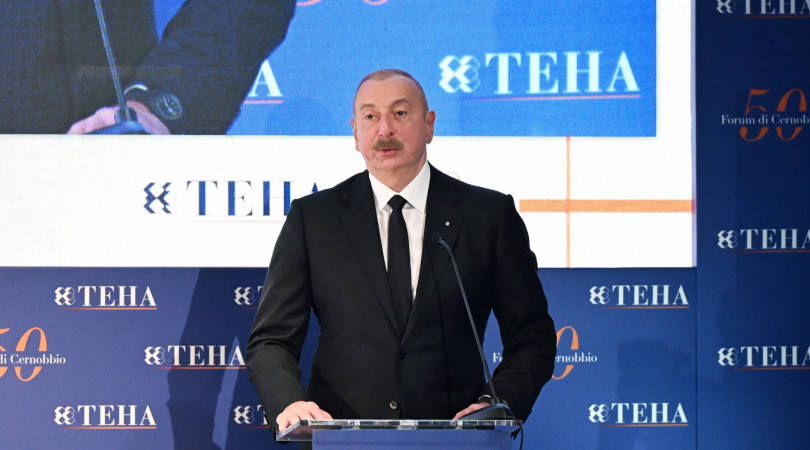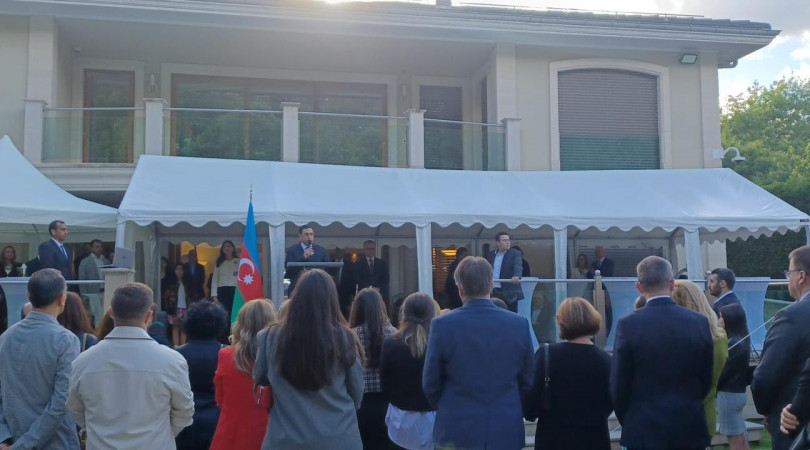International Bureau of Education (IBE)
The International Bureau of Education (IBE) is the UNESCO institute specializing in the content, methods, policies and processes of curriculum and curriculum related issues. It is an integral part of the Organization and, under its Statutes, enjoys “great intellectual and functional autonomy” under the responsibility of its Council. The main fields of action are capacity-building and technical support for curriculum development in Member States:
- Management of data banks;
- Analysis of trends and dissemination of new knowledge;
- Promotion and renewal of the policy dialogue on curriculum and curriculum-related issues, internationally and within Member States;
- Promotion of multiculturalism and equality via educational system.
Under the overall authority of the Director-General and the direct supervision of the Assistant Director-General for Education, as well as within the powers delegated to him or her, the incumbent provides intellectual leadership and strategic vision to IBE’s program and staff. Currently, IBE which is guided by the policies established by the Council of IBE for the Institute’s program and budget, and under the authority of and within the powers delegated by the UNESCO Director-General, is responsible for administering the IBE and for planning, executing and reporting on its program, and building cooperation with UNESCO member countries. IBE’s responsibilities also include human resource planning, recruitment and performance management, in order to develop motivated and effective teams with appropriate competencies to achieve IBE’s objectives in assisting UNESCO member countries. Under this policy strategy, the Republic of Azerbaijan became one of the main partners of IBE to build strong cooperation in implementing educational goal of the Sustainable Development Goals (SDGs).
The educational system of the Republic of Azerbaijan based on national and universal values and promotes solidarity, humanism, multiculturalism and quality of education since the early child care. The basic principles of the public policy in the educational sphere are the following:
- Humanism: acceptance of national and universal values, human rights and personal freedom, health and safety, care and respect to environmental and human beings, and tolerance as priorities;
- Democracy: upbringing of the new generation in a spirit of free thought, freedom in the management and organization of education, and public dialogue;
- Equality: creation of a unique educational space, equal education conditions, ensuring the rights for all citizens;
- Nationalism and cosmopolitism: keeping up of the national and international values and provision of civic education and the basis of such values;
- Quality: educational provision in accordance to existing standards, socio-economic demands, interests of the persons, society and state;
- Rationality: educational provision and scientific creative work on the basis of modern methods;
- Continuity, unity and consistency;
- Liberalization;
- Integration: integrating the national education of the Republic of Azerbaijan into the world’s system in an efficient way.
Therefore, reforms conducted by the Ministry of Education of the Republic of Azerbaijan in recent years follow the above-mentioned standards which aim to ensure public satisfaction and accessibility of education and to strengthen public control mechanisms. Within this perspective, Azerbaijan focused on early childhood development, educational policies and research programs aiming at equal opportunities for all children to boost its development.
In 2017, Azerbaijan has been recognized by the IBE for its leading role among the “General Education Quality Assessment Framework” (GEQAF) countries in taking actions for nurturing and ensuring strong development in children.
Dr. Mmantsetsa Marope was appointed as the IBE Director on 15 July 2014. Previously, she held several posts at UNESCO Headquarters in Paris including Director of the Division for Basic to Higher Education and Learning.
Updated: 31.01.2018


















